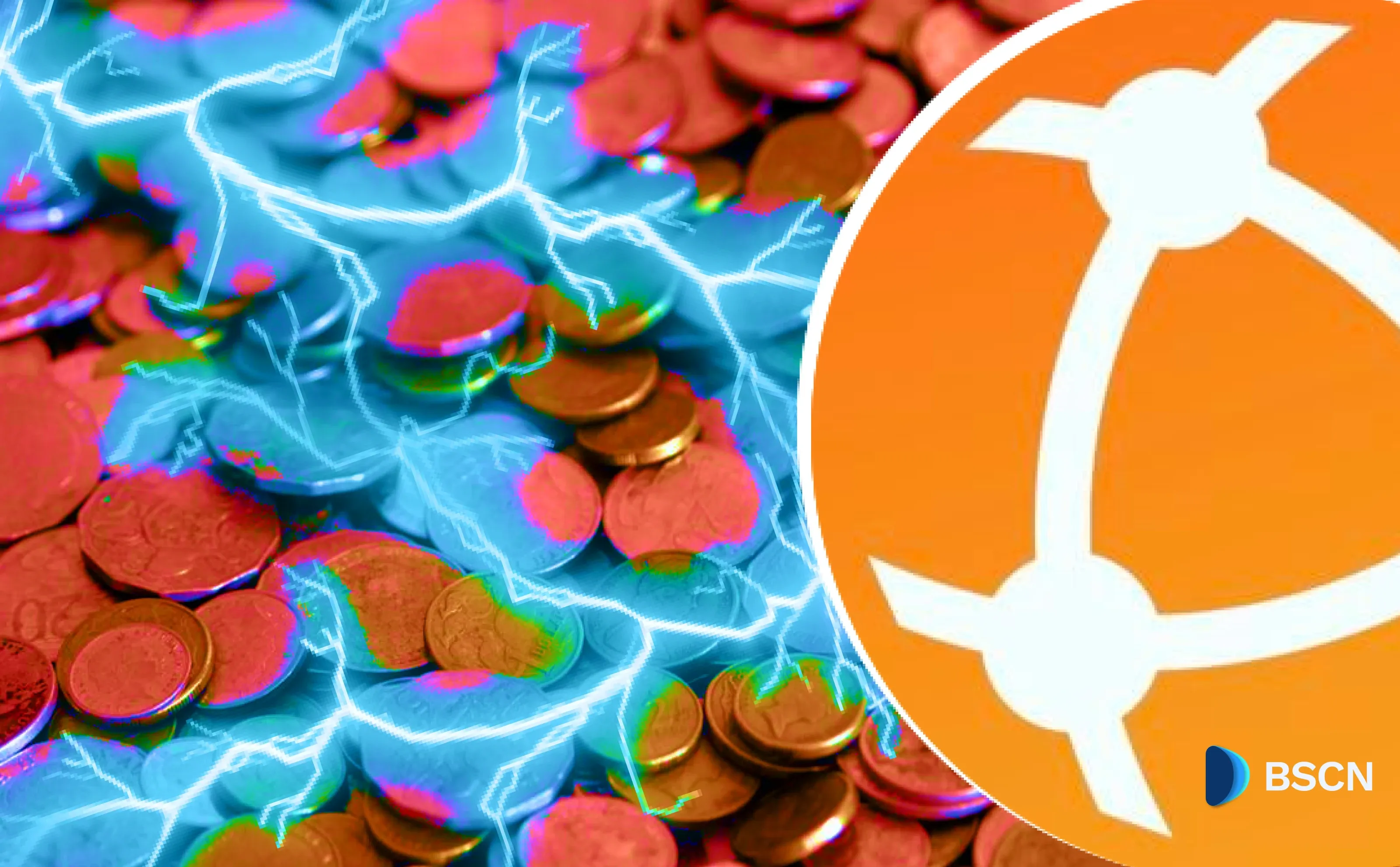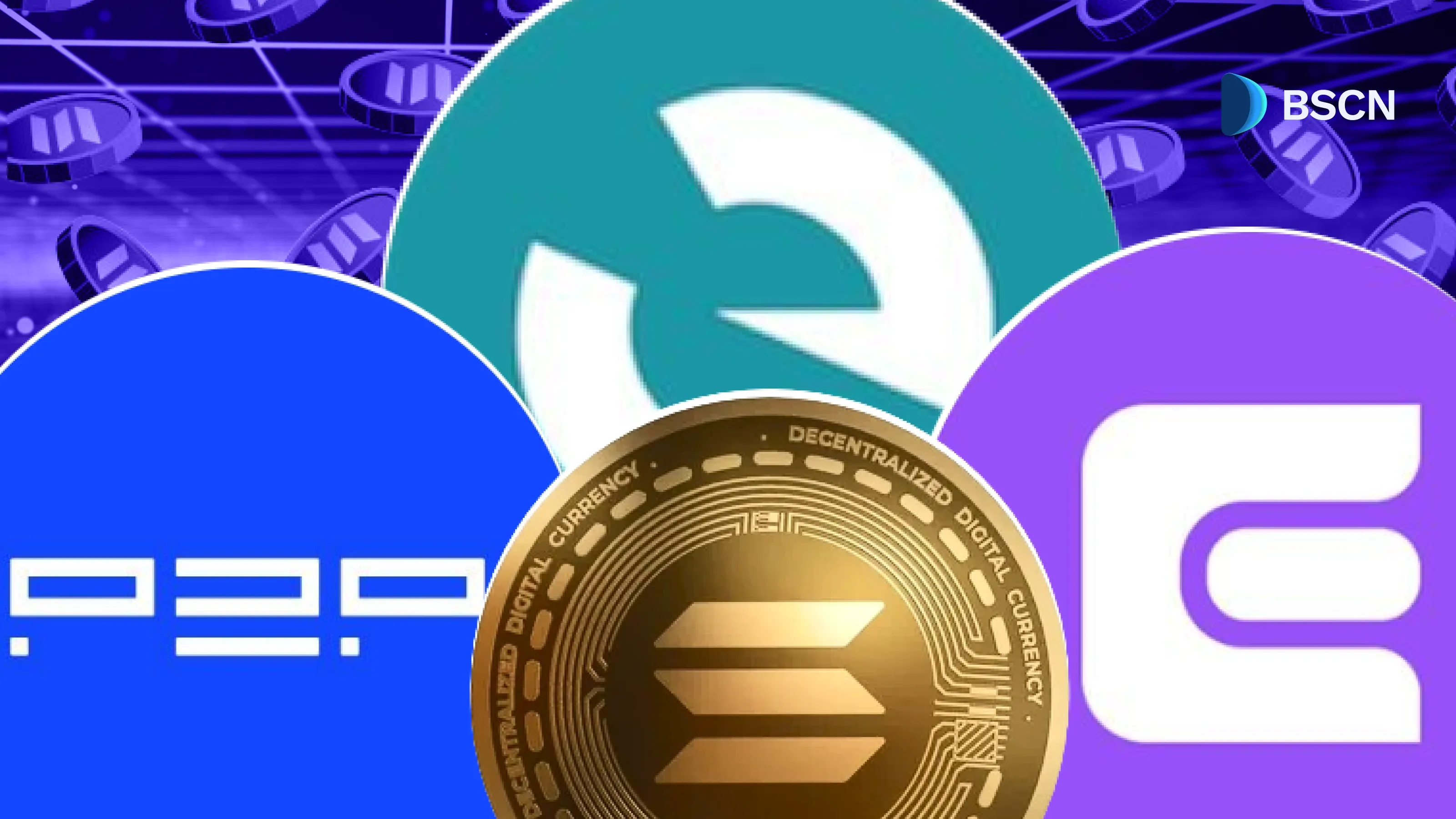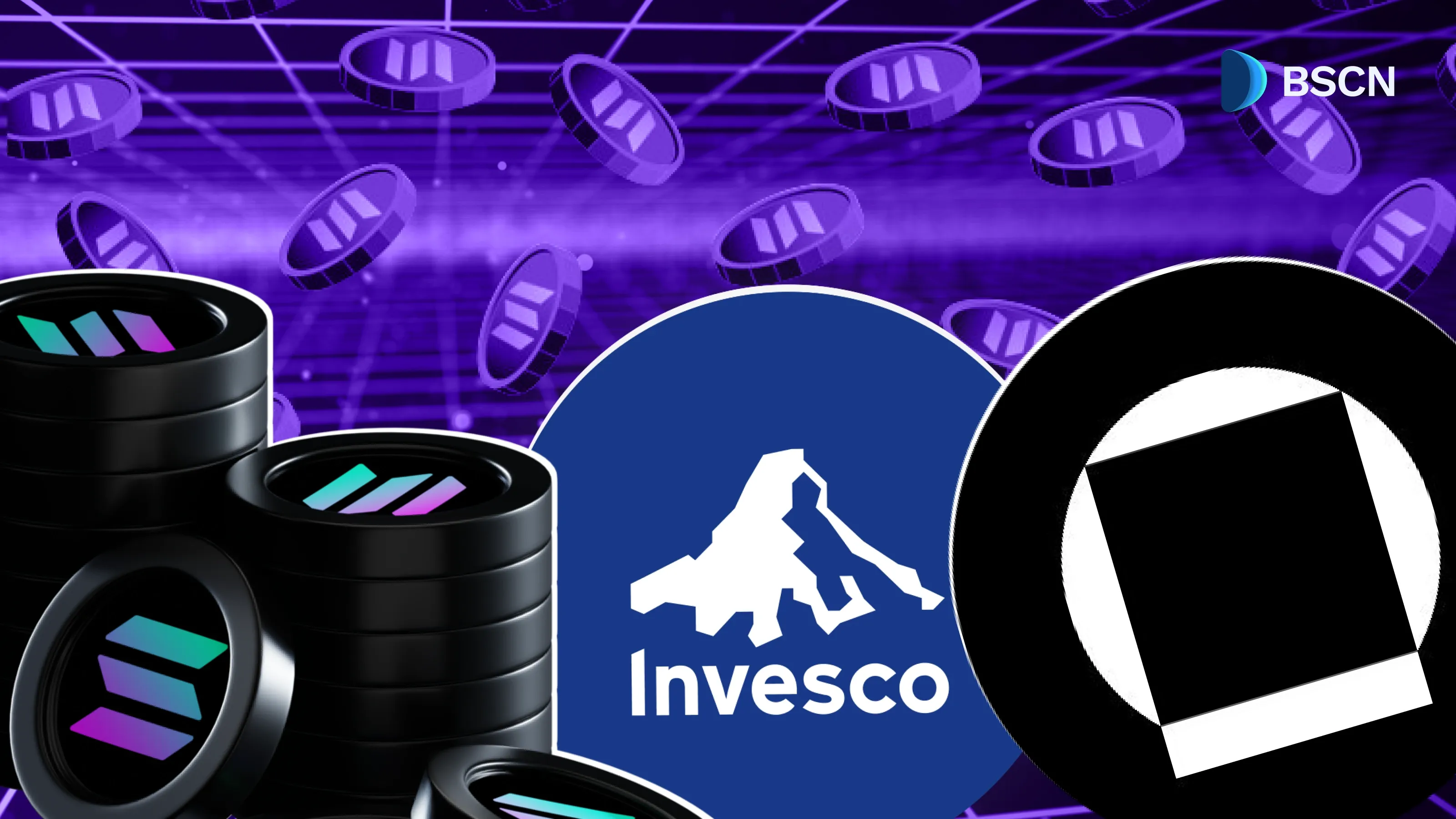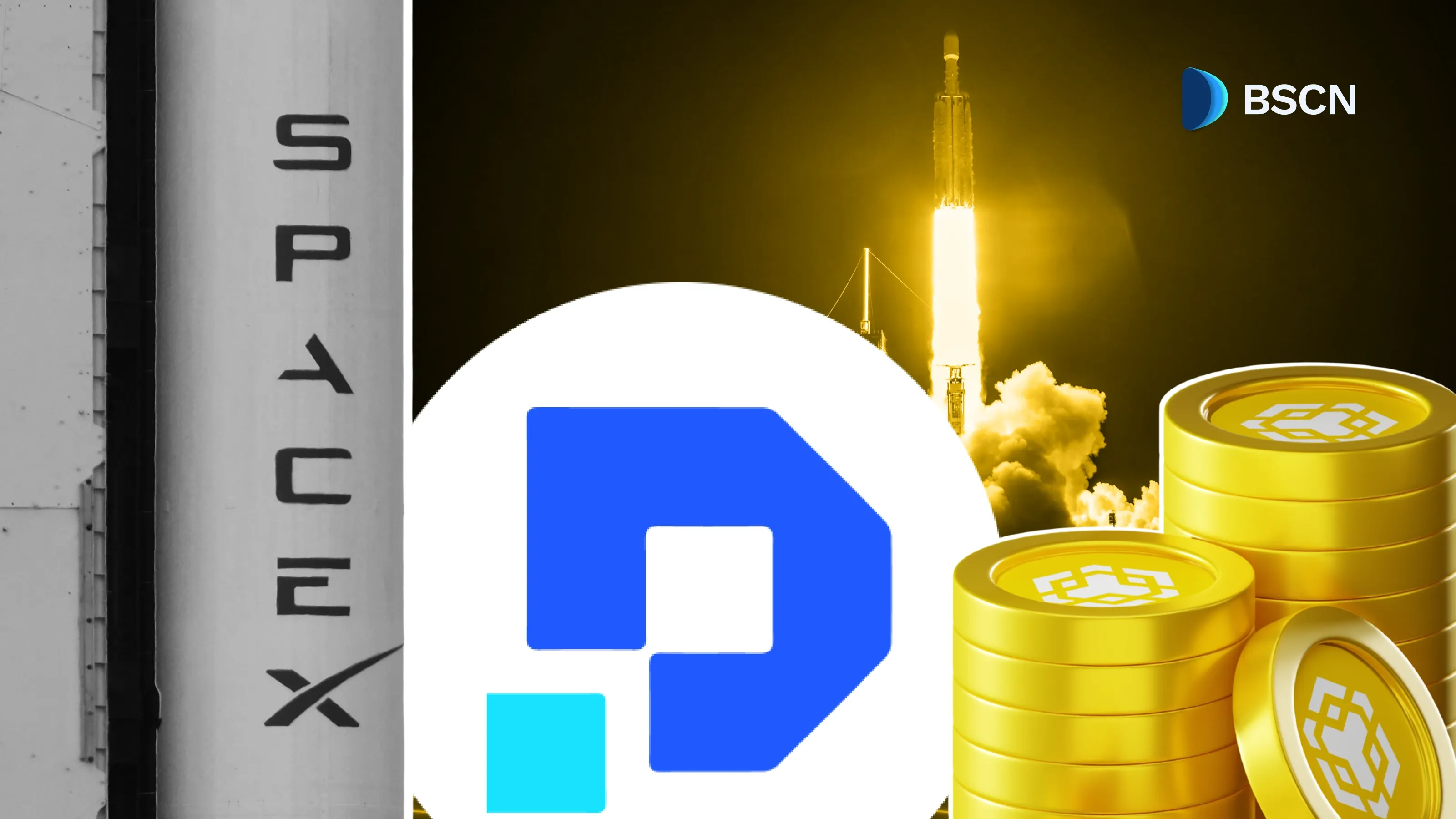WEB3
Binance Labs' New Investment: What is Particle Network?

Particle Network provides developers with tools to build protocols and DApps, focusing on Account Abstraction technology to promote widespread crypto adoption.
BSCN
August 1, 2024
Binance Labs, the venture capital arm of Binance, recently announced its investment in Particle Network.
This investment comes after Particle Network's successful $25 million funding round, which saw contributions from notable investors like Spartan Group, Gumi Crypto, SevenX Ventures, and Morningstar Ventures.
Particle Network stands out as a modular Layer-1 blockchain that aims to address the fragmentation of users and liquidity in the Web3 space.
Tackling Fragmentation in Web3
Particle Network's modular Layer-1 blockchain addresses a critical challenge in the blockchain world: the fragmentation of user bases and liquidity across multiple chains.
Their Chain Abstraction infrastructure, which features Universal Accounts, Universal Liquidity, Universal Gas, and the Particle L1 chain, aims to create a seamless, interconnected ecosystem.
Key Features of Particle Network
Universal Accounts: This feature allows users to maintain a single account and balance across multiple blockchains. It eliminates the need for manual bridging or asset management, simplifying the user experience.
Universal Liquidity: By enabling liquidity to be used across different chains, Particle Network ensures that assets are more fluid and accessible.
Universal Gas: Users can pay for transactions with any token, removing the necessity to hold specific tokens for gas fees on various chains.
Modular L1 Chain: Particle Network's Layer-1 chain is designed to be modular, allowing for different infrastructure components to be compartmentalized and some tasks to be outsourced to third parties.
Enhancing Developer Experience
Particle Network provides developers with a variety of tools, including SDKs for Wallet, NFT, and Node Service, making it easier to build protocols and DApps. This support hub for infrastructure reduces developers' workload, allowing them to focus on creating key features and enhancing user experience.
Aggregated Data Availability (AggDA)
A unique approach to Data Availability (DA) enables Particle Network to coordinate and maintain state across all Universal Accounts while maintaining cross-chain transactions.
The process involves combining multiple data aggregation services, such as Celestia, Avail, and NEAR DA, thus enhancing security, stability, and redundancy.
Dual Staking
The protocol employs a dual staking model to ensure crypto-economic security and accessibility. Through Babylon and its native token, PARTI, two validator pools maintain the network's economic security. Through this, the crypto-economic security of staked ETH is leveraged, reducing reliance on the native token.
Recent Funding and Future Plans
Binance Labs' investment follows a $25 million funding round for Particle Network, which included contributions from notable investors such as Spartan Group, Gumi Crypto, SevenX Ventures, and Morningstar Ventures. These funds will support Particle Network's global expansion, feature enhancements, and the launch of their L1 mainnet later this year.
Disclaimer
Disclaimer: The views expressed in this article do not necessarily represent the views of BSCN. The information provided in this article is for educational and entertainment purposes only and should not be construed as investment advice, or advice of any kind. BSCN assumes no responsibility for any investment decisions made based on the information provided in this article. If you believe that the article should be amended, please reach out to the BSCN team by emailing [email protected].
Latest News
Crypto Project & Token Reviews
Project & Token Reviews
Comprehensive reviews of crypto's most interesting projects and assets
Learn about the hottest projects & tokens
Latest Crypto News
Get up to date with the latest crypto news stories and events









